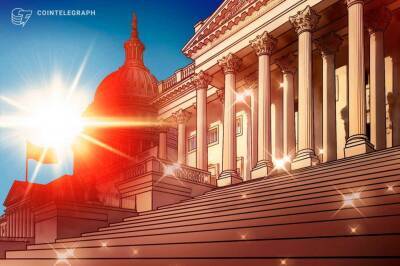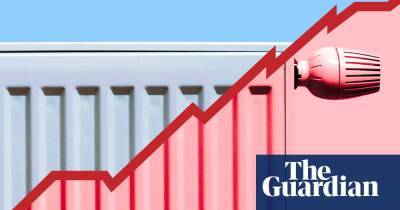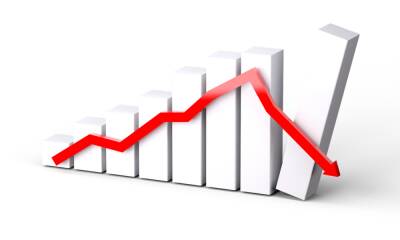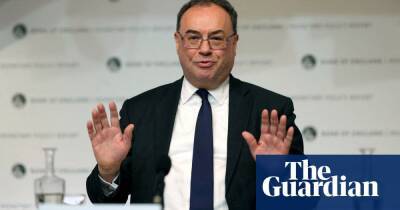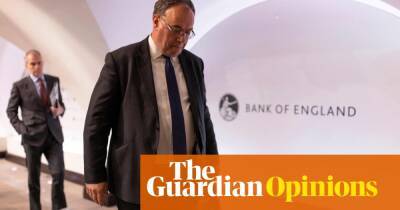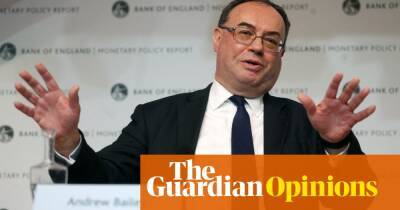Credibility challenge: Bank of England walks a tightrope on interest rates
The Bank of England is facing fierce criticism from both sides over its plans to raise interest rates. For hawkish economists, Threadneedle Street has fallen badly behind the curve, miscalculating the rise of inflationary pressures, and now needs to play catch-up to regain credibility.
Others say the Bank is navigating the most dangerous moment for the economy in decades, but now risks a huge policy mistake. They argue that driving up borrowing costs will have little effect on inflation caused by global supply chain disruption, and that it risks engineering the conditions for a recession in an economy still grappling with Covid-19 and struggling for momentum.
Each side fears that a lack of coherent strategy either way will fatally undermine the central bank’s credibility.
Andrew Sentance, a former member of the Bank’s monetary policy committee (MPC), said a steady rise in interest rates last year, clearly communicated to financial markets, would have been a sensible reaction to rising prices, and he criticised the Bank for a kneejerk response. “They’ve sent conflicting messages on monetary policy since last November, and they seem to have lurched from being very cautious to being seen to want to act. But it’s still not clear what strategy they’re going to be following in the future.”
With inflation poised to hit more than triple the Bank’s 2% target rate come April – rising to about 7% – City investors are betting that the MPC will add several more interest rate rises to one in December and another this month in an attempt to restore its credibility after waiting and watching for too long last year. The Bank governor, Andrew Bailey, was criticised as being out of touch when he urged workers this month not to demand big pay
Read more on theguardian.com


